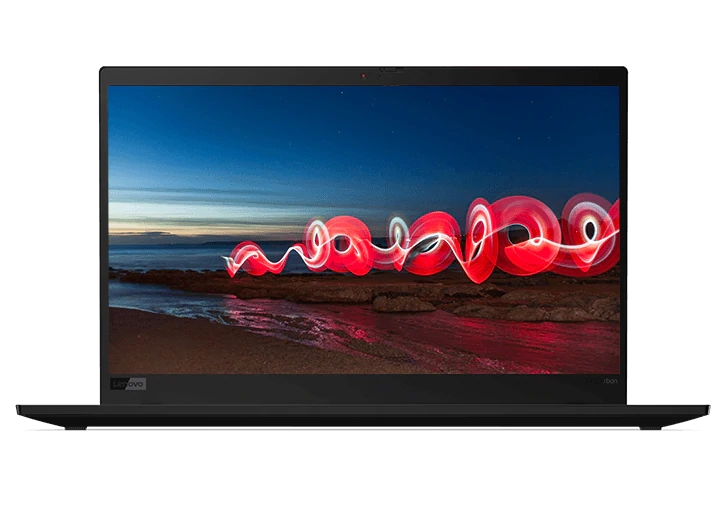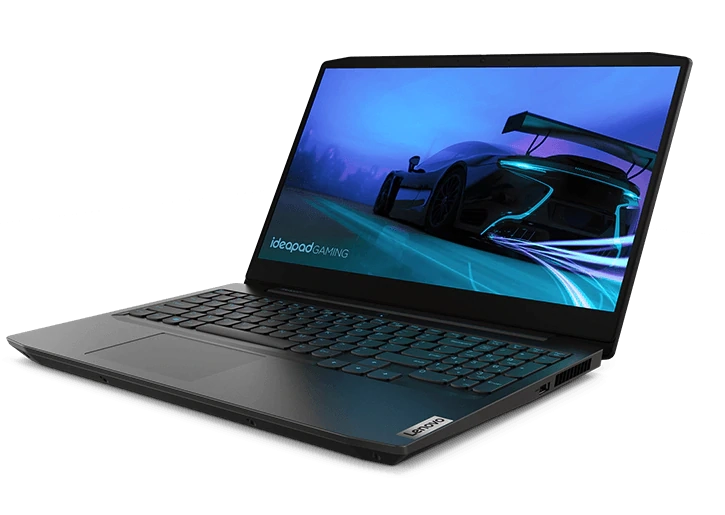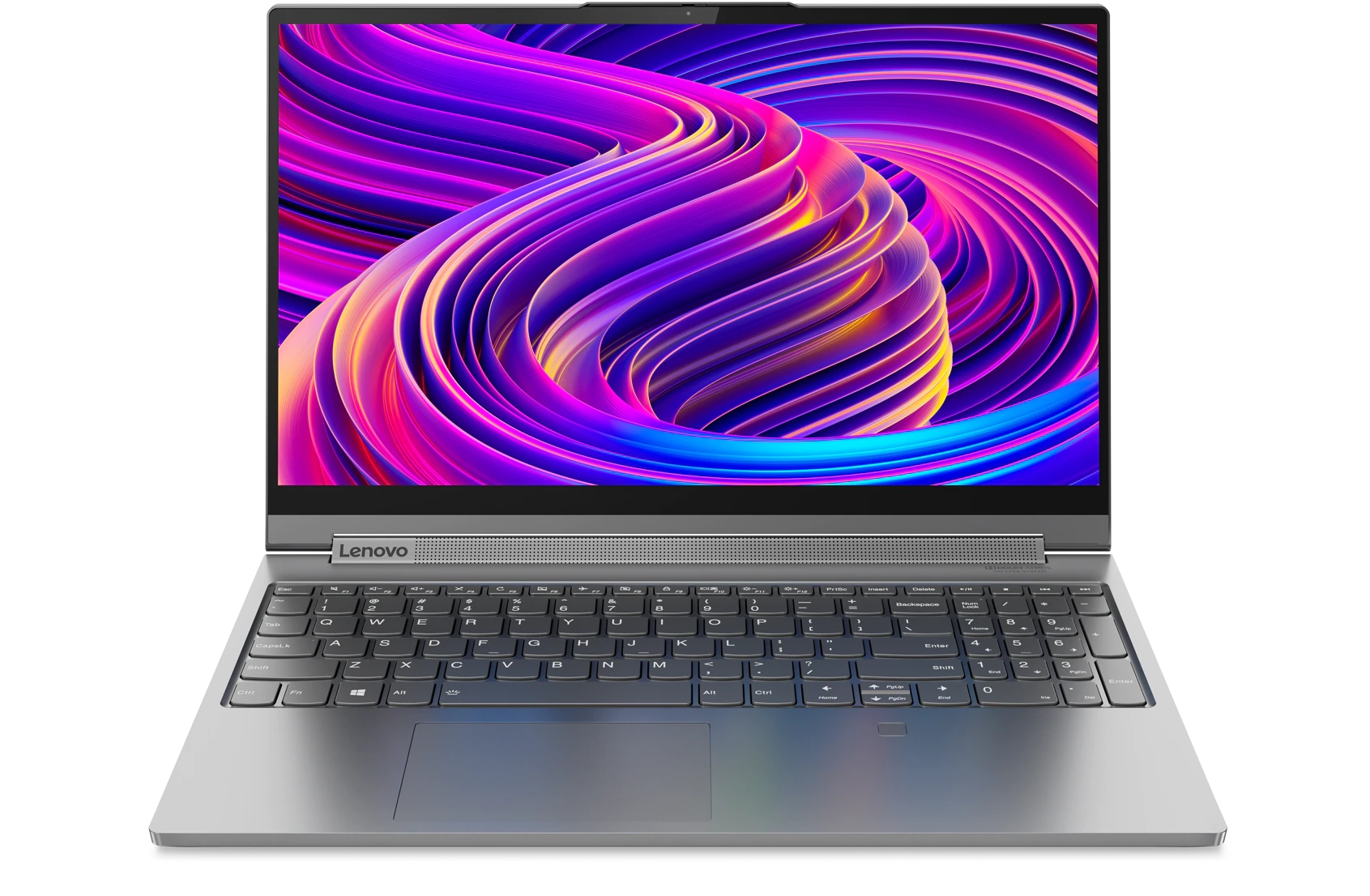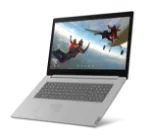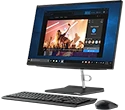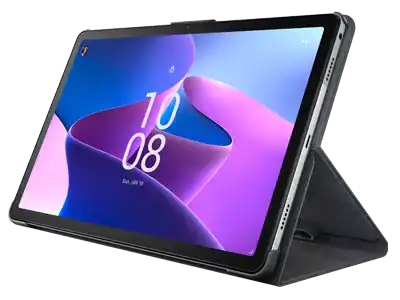-
Explore LaptopsCopilot+ PC 2-in-1 Laptops Gaming Laptops Mobile Workstations View all Laptops Windows 11
-
By BrandThinkPad ThinkBook IdeaPad LOQ Yoga Legion
-
Espot Path:
/espotdirctory/pc-laptops-espot1
-
Espot Path:
/espotdirctory/pc-laptops-espot2
-

 Contact
ContactCONTACT US
Service Centers
Think products & projects: choang@lenovo.comTECHNICAL SUPPORT
Kindly get information of product and S/N before contact us.
Hotline: 1800 6318 (Mon – Fri, 8:30 AM – 5:30 PM)
Close during public holidaysLENOVO VIETNAM REP. OFFICE
Hochiminh office: R. 1701A, 17F, Empress Tower, 138-142 Hai Ba Trung Str., Ward Dakao, District 1.
Tel: +84 28 3824 3504
Fax: +84 28 3824 3503
-

 Contact
ContactCONTACT US
Service Centers
Think products & projects: choang@lenovo.comTECHNICAL SUPPORT
Kindly get information of product and S/N before contact us.
Hotline: 1800 6318 (Mon – Fri, 8:30 AM – 5:30 PM)
Close during public holidaysLENOVO VIETNAM REP. OFFICE
Hochiminh office: R. 1701A, 17F, Empress Tower, 138-142 Hai Ba Trung Str., Ward Dakao, District 1.
Tel: +84 28 3824 3504
Fax: +84 28 3824 3503
Laptop vs. Tablet: Which is Right for You?
Are you shopping for a new tablet or laptop but can't decide which device to choose? That's no surprise.
Today's ultra-portable, ultra-functional tablet PCs can function nearly as full-fledged laptops – making the decision more difficult than it used to be. However, if you analyze how you prefer to perform your personal computing tasks and consider the relative advantages of each device we present here, an answer will emerge.
Is a laptop or tablet better?
Tablets and laptops have various advantages and disadvantages, depending on how you intend to use your new system. For example, some users find a tablet's touch screen interface ideal for casual web surfing, while others prefer a laptop’s regular keyboard to a tablet’s on-screen, virtual one. There’s really no “correct” answer. The pros and cons depend on your personal preferences.
This article only compares laptops to the traditional "slate" tablet form factor (thin, one-sided, without a keyboard). Manufacturers also make combination tablet-laptop models called "2 in 1s." Therefore, in the analysis below, if a laptop gains the advantage due to its keyboard, faster processor, or something similar, then a 2 in 1 that can be used in laptop or tablet mode might be your best option. [For more information, see “What is a 2 in 1 laptop.”
Comparing the pros and cons of laptops and tablets
Here’s how laptops and tablets compare in terms of raw computing performance and the different ways each device is used for business, personal use, and so on.
Performance of laptops and tablets
Here’s how laptops and tablets stack up in terms of the most important performance factors:
- Laptop vs. Tablet: Processor
Ultrathin tablets don't have internal fans found in laptops, and rely on different, lower-performing processors that generate less heat and use less battery power. Tablet CPUs are still highly capable, just less so than most laptops. Advantage: Laptop.
- Laptop vs. Tablet: Operating System
The earliest tablets relied exclusively on mobile operating systems, similar to those that power smartphones. But today, you can buy tablets that run on essentially the same, full-fledged PC operating systems like Microsoft Windows 10. Advantage: None.
- Laptop vs. Tablet: Portability
Thin, ultralight tablets are, by definition, more portable than laptops, which have thicker superstructures, heavier batteries, and so on. Sure, a laptop can fit in a carrying case or on your lap, but a tablet can fit in a purse or even a large pocket. In addition, the absence of a physical keyboard makes maneuvering a tablet easy while on the go. Advantage: Tablet.
- Laptop vs. Tablet: Display
Tablets with up to Full HD (1080p) resolution are sufficient for viewability, given the comparatively smaller screen size. Models with Quad HD (1440p) or greater displays are rarer (though, now popular on laptops), due to the high processor demands and because high-res displays can make precise touch-commands more difficult. Advantage: Laptop.
- Laptop vs. Tablet: Battery Life
An advanced laptop with dual-batteries and multiple energy-conservation features can promise anywhere from ten to twenty hours of battery life. Pound for pound, the much lighter tablet – in which the battery often consumes over half of the interior space – offers longer unplugged times. Advantage: Tablet.
- Laptop vs. Tablet: Wireless Connectivity
In terms of wireless (Wi-Fi) speeds and capabilities, standard tablets and laptops are equal in this respect. Tablets with optional cellular data connectivity features built-in provide an added bonus. Advantage: Tablet.
- Laptop vs. Tablet: Storage
Tablets are designed for ultimate portability and use solid state drives (SSD) with less capacity than the older, spinning hard drives found in many laptops. High-end laptops also offer SSDs – which means better performance and less weight – that have greater storage capacity than the drives in tablets. Advantage: Laptop.
Popular uses of laptops and tablets
Laptops and tablets also differ in terms of which device works best in different usage scenarios:
- Laptop vs. Tablet: Business use
Different business users have different needs:
- In the office: Along with the benefits of a full keyboard, the faster processors in most laptops make them better for typical office work (word processing, spreadsheets, etc.). Still, a tablet can be a useful auxiliary device for some users. Advantage: Laptop.
- On the road: For salespeople and other road warriors, a tablet is much easier to travel with (no backpack needed!). A tablet also may be less obtrusive at meetings, and easier to manage for presenting quick product demos. However, an ultralight laptop with a quiet keyboard and specs designed for this application is not much different, at the end of the day. Advantage: None.
- Laptop vs. Tablet: Industrial and field use
More and more industrial uses for tablets, including so-called "ruggedized" models, seem to emerge every day. Whether they're in the hands of a waiter at a restaurant, a service technician making house calls, or a quality inspector on a factory floor. Laptops are larger and more challenging to work with in these industry settings. Advantage: Tablet.
- Laptop vs. tablet: Casual use
Compared to a laptop, a tablet's superior all-around portability, long battery life, and capacity for entertainment (i.e. surfing the web, streaming movies, playing games) make it an ideal choice for the casual user. Advantage: Tablet.
- Laptop vs. Tablet: All-purpose or family use
For families that need one device that does it all, a laptop for home use is the likely choice, thanks to its wider range of uses. Particularly, typing-oriented business programs that may prove difficult on a tablet touch screen. Advantage: Laptop.
- Laptop vs. Tablet: Student use
Given high school and college students’ comfort with technology, students heading back to school might use a tablet almost as productively as a laptop. For all-around educational use, such as taking notes, working on coursework requiring specific programs, and lightweight options for carrying to and from class, a laptop for students may be the better choice, as it’s more powerful and keyboard-equipped. Advantage: Laptop.
- Laptop vs. Tablet: Multimedia use
For creating and viewing media like pictures and video, a tablet's hand-held nature and smartphone-like camera options make it superior. For advanced photo editing or video production, the greater processing power of something like a Lenovo Flex multimedia laptop is required. Advantage: None.
- Laptop vs. Tablet: Overall convenience
If for you, "convenience" means easy carrying, fast boot-ups, and smartphone-like camera features, then a tablet likely meets your needs. If having multiple USB or HDMI ports, a full keyboard, and using complex apps is your definition of “convenience,” then you'll want a laptop. Advantage: None.
Ready to shop for a new Lenovo laptop or tablet? With these lessons in mind, you’re sure to find the device that’s ideal for the specific ways you plan to use it.




